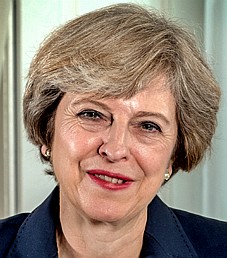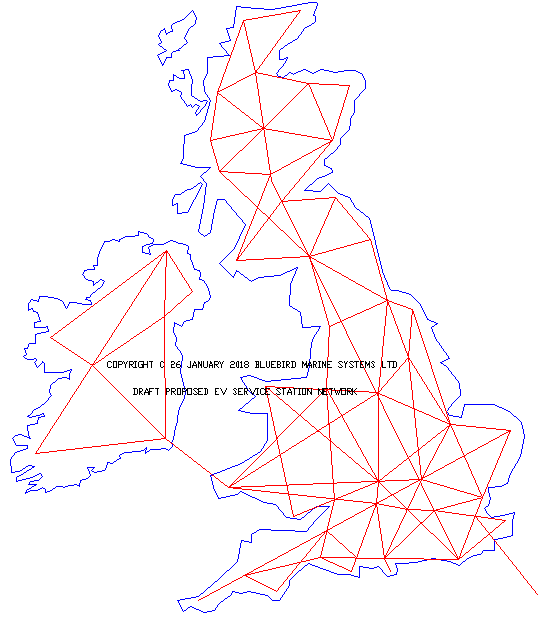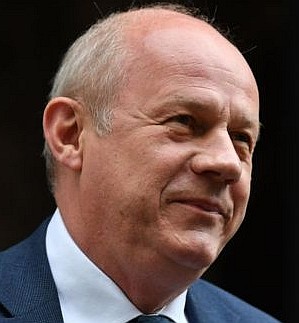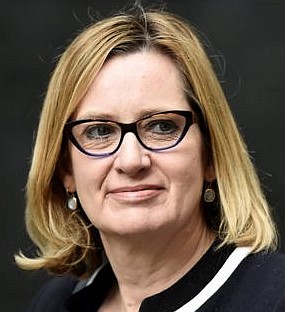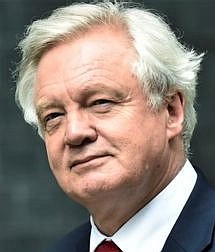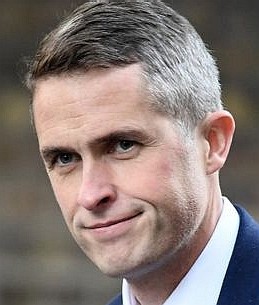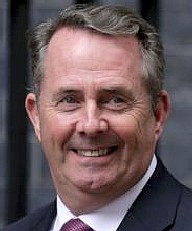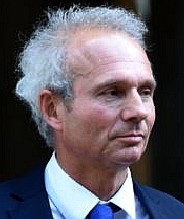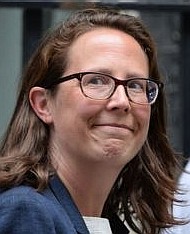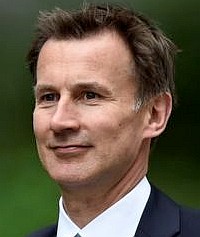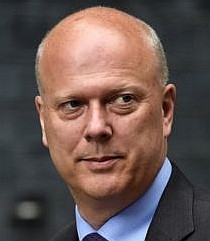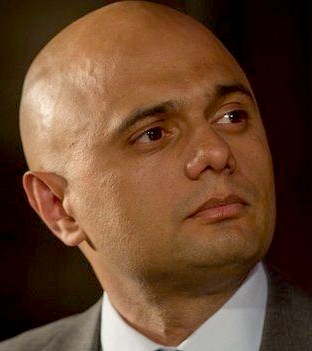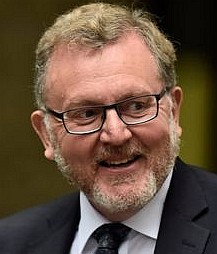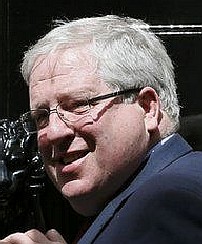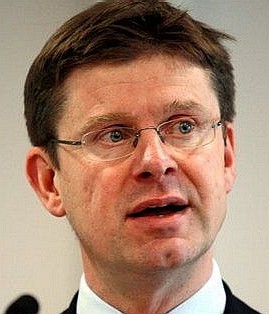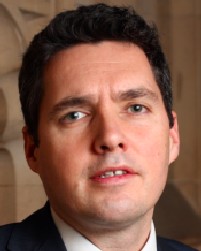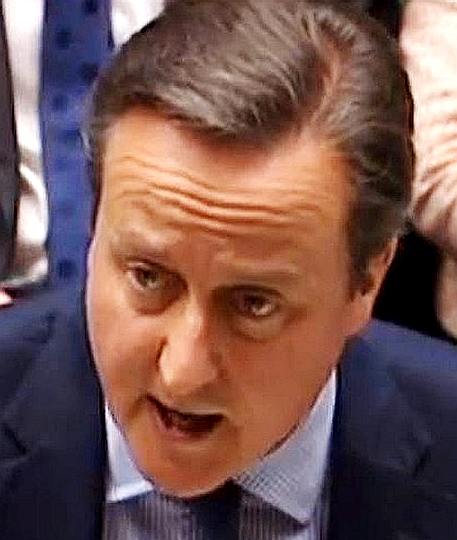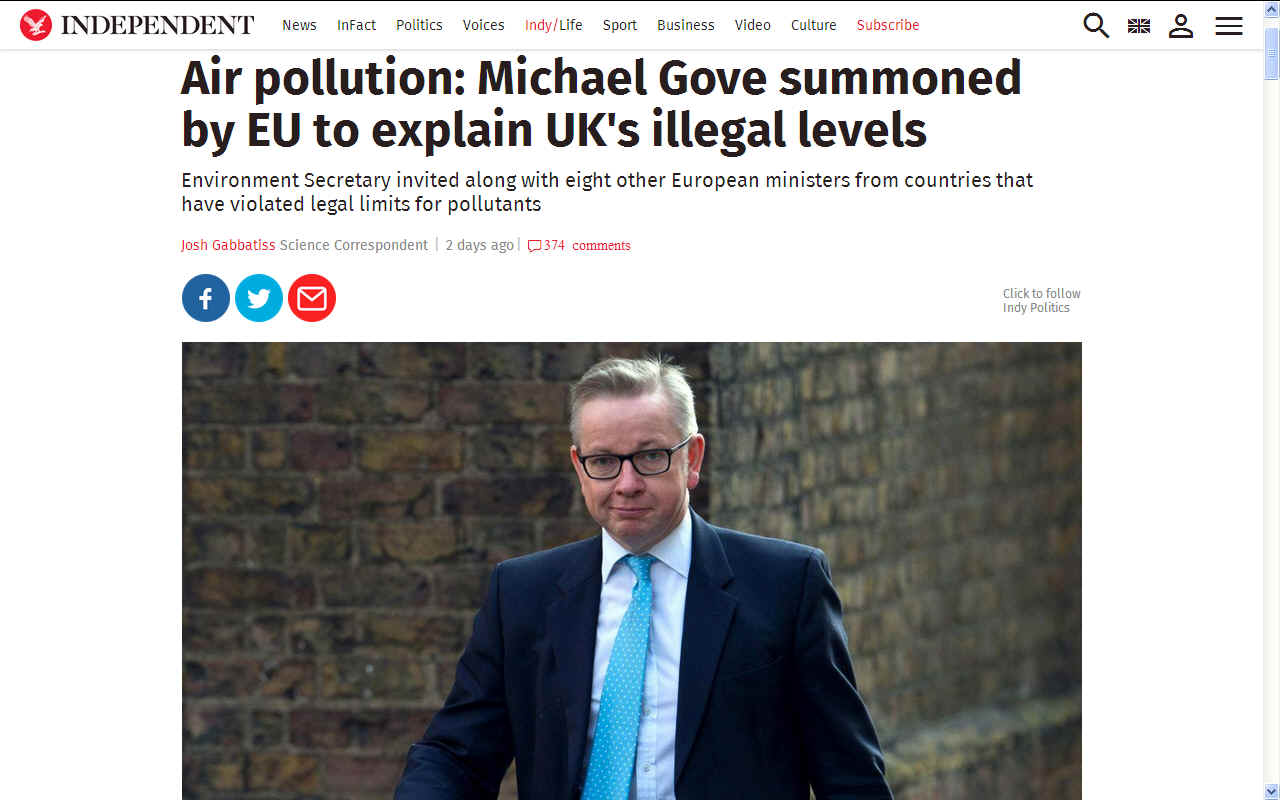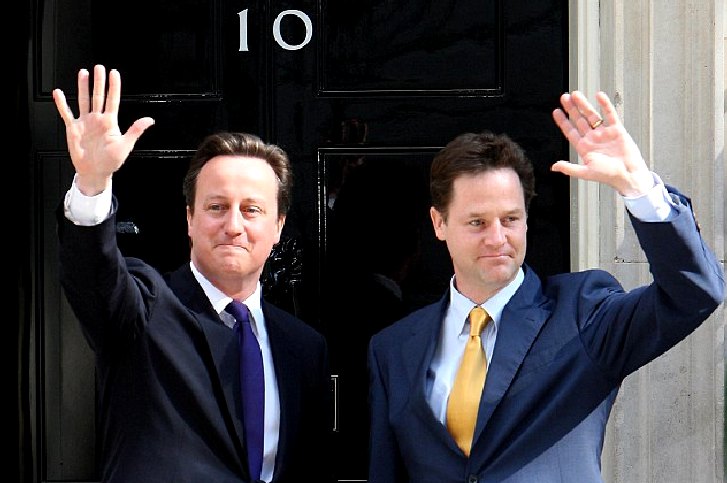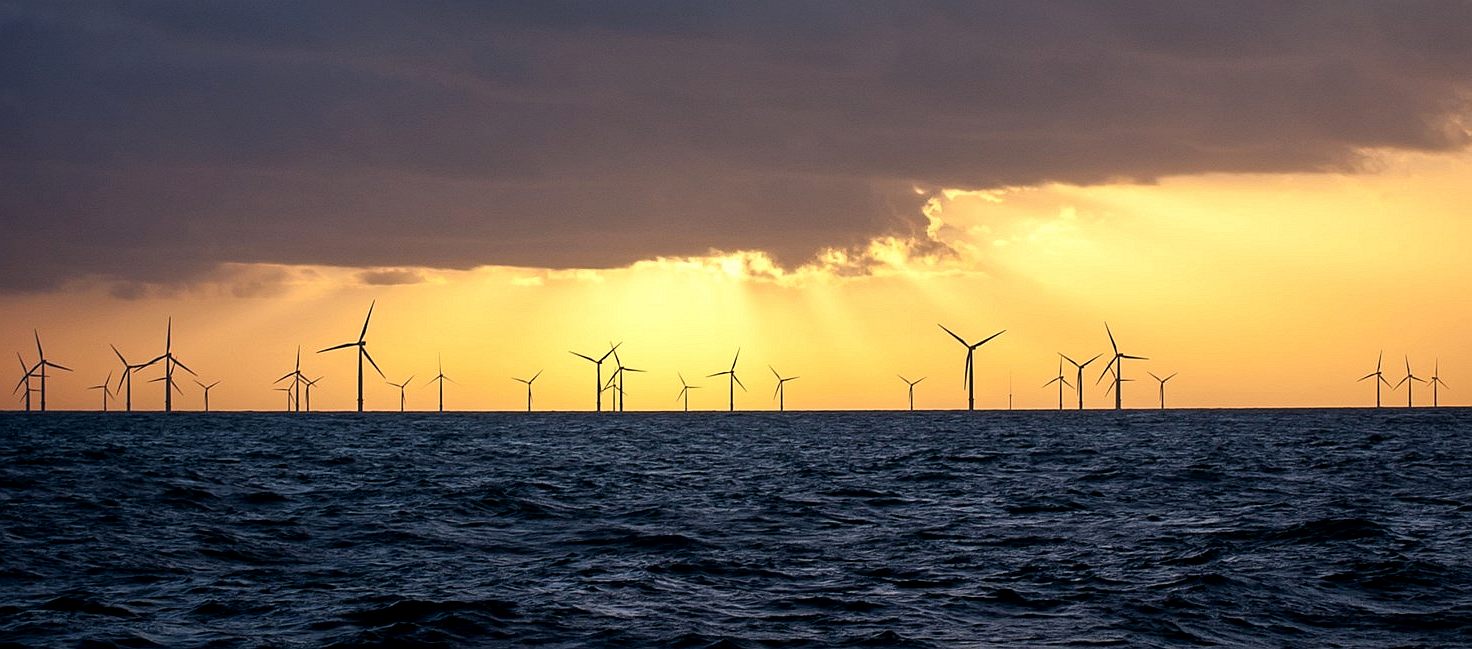|
THE CONSERVATIVE PARTY
ABOUT - CONTACTS - FOUNDATION - HOME - A-Z INDEX
|
|||||||||||||||||||||||||||||||||||||||||||||||||||||||||||||||||||
The British Prime Minister reshuffled her cabinet following the resignations of International Development Secretary Priti Patel and Defence Minister Sir Michael Fallon. Mrs May remained prime minister despite losing her majority in the 8 June 2017 general election, which she had called seeking a mandate for Brexit. She became the UK's second female prime minister in 2016 following Margaret Thatcher, after David Cameron resigned in the wake of the EU referendum result. She had previously been home secretary for six years.
At the moment the UK is deeply in debt with other serious societal issues that Teresa's Government is having difficulty with, such as the lack of affordable housing where the present (buy to let) economics' policies do not appear to be equitable - hence are unsustainable.
Under the leadership of Theresa May MP, we are hopeful that the national debt might be reduced by investing in Blue growth and Renewable Energy. We also hope that low carbon transport will be high on the agenda, where at the moment there are only 14,000 charging points in the UK for 25,000,000 million vehicles.
The UK needs a Climate Action Plan for EVs and a strong Government to see it through - to provide energy for 25 million low carbon vehicles before 2050. This Climate Action Plan for Electric Vehicles (CAPEV), must mesh with house building of necessity for a SMART solution. A Circular Economy must be built on sound economics, based on reliable statistics.
If the average driver in the UK travels 10,000 miles per year and let us suppose (for example) that this person operated a BMW i3 as we do, they will need to charge up 125 times in a year x 20kW = 2,500 kWh (2.5Mwh). Multiply this by 10 million vehicles (under half the 25 million licensed vehicles) and we are going to need a whole lot of load leveling, or sharing, or something in between. Where 10 million x 2.5Mw = 25 million Mwh (25 Terawatts). 25TWh is not a lot compared to the overall UK energy use in 2014. 2014 is used as a bench mark where 2017 information is not sufficiently freely available in 2018. EV EFFICIENCY
Electric vehicle efficiency is considerably higher than IC vehicles to begin with, and so is the supply chain, and only EVs can use clean renewable energy as electrical energy. If we used 100TWh to cover all of our transport needs in the UK, that would represent an enormous saving in our energy bill, help to pay off our debts and reduce carbon output all at the same time.
Electric cars should last longer than IC, with fewer moving parts. The i3 is mostly made of composite material and aluminium, so that rusting may not be a problem. This could mean that manufacturing for transport also sees an energy reduction - benefiting climate change reductions and sustainability.
CURRENT ELECTRICITY USAGE
Energy use in the United Kingdom stood at 2,249 TWh (193.4 million tonnes of oil equivalent) in 2014. This equates to energy consumption per capita of 34.82 MWh (3.00 tonnes of oil equivalent) compared to a 2010 world average of 21.54 MWh (1.85 tonnes of oil equivalent). Demand for electricity in 2014 was 34.42GW on average (301.7TWh over the year) coming from a total electricity generation capacity of 335.0TWh.
Britain's
trade deficit was reduced by 8% due to substantial cuts in energy
imports. Between 2007 and 2015, the UK's peak electrical demand fell
from 61.5 GW to 52.7.GW.
ON STREET CHARGING - If we are to provide enough charging points to cope with an all electric 2040, we will need to install around 280,000 units per year for the next 22 years. That is 767 charging points a day, based on the assumption that one in four cars will be charging at any one time in 2040 and not the full Monty. There will not be a charging point for every car, but realistically, we are never going to install 767 stations every day and home charging will help us out a bit.
CONSERVATIVE CABINET 2017-2018
The EU provides funding to its member states, guidance and support in return for compliance with rules that are made democratically by the European Parliament in Brussels. With the Brexit decision looming the subject of qualification for Horizon 2020 and other European funding is a question that cannot be answered.
CONSERVATIVE CLIMATE - Michael Gove has been summoned to Brussels because of his party's failure to meet air pollution targets despite warnings about which the Prime Minister was aware of.
UK
POLITICS The United Kingdom has many political parties, some of which are represented in the House of Commons and the House of Lords. Below are links to the websites of the political parties that were represented in the House of Commons after the 2015 General Election:
SOCIAL DEMOCRATIC AND LABOUR PARTY
LIBERAL DEMOCRATS COALITION - LET'S PUT THAT BEHIND US - David Cameron, the then new prime minister, welcomed his deputy prime minister, Nick Clegg, to Downing Street in 2010.
We are concerned with how any Government in the United Kingdom looks at sustainability issues such as Blue Growth. This is because it is political will that determines is the economic climate is right for technology development such as SeaVax.
The Cleaner Ocean Foundation is at present located in East Sussex. East Sussex has five District and Borough Councils, each with a border on the coast, hence, potential launch sites for us. From west to east they are:
There is also East Sussex County Council as the overall provider of services to the 5 East Sussex districts.
As near neighbours and with councils now sharing facilities and working together, these area of Sussex are included in our general business development plan, an area where climate change is another issues that needs urgent attention. Where the coastline is a feature in every Council, Blue Growth is a food security issue, especially where this side of of our local economy is under-exploited.
LINKS
https://www.
|
|||||||||||||||||||||||||||||||||||||||||||||||||||||||||||||||||||
|
This website is provided on a free basis as a public information service. Copyright © Cleaner Oceans Foundation Ltd (COFL) (Company No: 4674774) 2018. Solar Studios, BN271RF, United Kingdom. COFL is a charity without share capital.
|
|||||||||||||||||||||||||||||||||||||||||||||||||||||||||||||||||||
